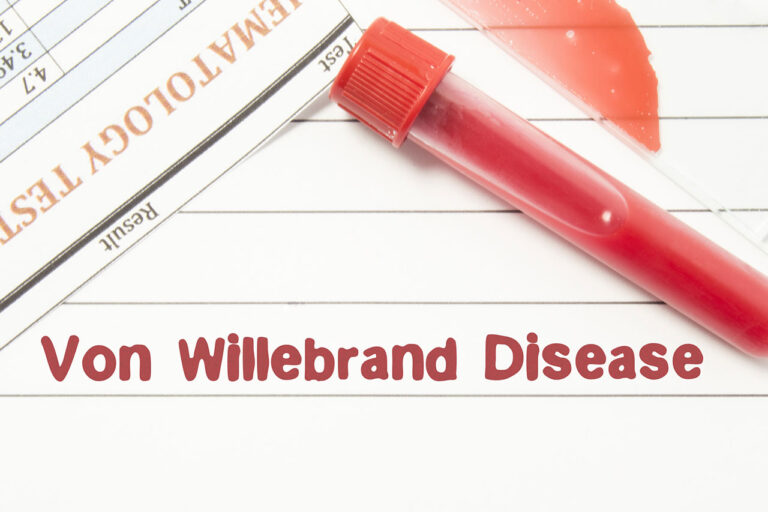
Hemolytic disease of the newborn (HDN) is a blood problem that affects a newborn. It causes a baby’s red blood cells (RBCs) to break down too early. This condition was previously known as erythroblastosis fetalis, but it’s also known by other names, such as:
- Erythroblastosis neonatorum
- Hemolytic disease of the fetus and newborn (HDFN)
- Anemia – HDN
- Blood incompatibility – HDN
- ABO incompatibility – HDN
- Rh incompatibility – HDN
Speak to a Specialist About Copay Assistance
What Is the Cause of Hemolytic Disease of the Newborn?
Hemolytic disease of the newborn (HDN) occurs when a mother’s immune system attacks and destroys the baby’s RBCs. This can happen from one of two things: Rh incompatibility or ABO incompatibility.Rh Incompatibility
The Rhesus factor, or Rh, is a protein found on the surface of red blood cells. Rh incompatibility is when the mother is Rh-negative, and the father is Rh-positive. If the baby is Rh-positive, like the father, the mother’s immune system produces proteins (antibodies) that attack and destroy the baby’s RBCs. Rh incompatibility is not much of an issue in the first pregnancy. However, in subsequent pregnancies with Rh-positive babies, it can cause severe problems.ABO Incompatibility
Another reason why HDN may occur is due to ABO, or blood type, mismatch. This happens when the mother’s blood type of A, B, or O doesn’t match with the baby’s blood type. HDN is most likely to occur when the mother’s blood type is O, and the baby’s blood type is A or B. It is less harmful to the baby than Rh incompatibility in most cases.Hemolytic Disease of the Newborn Symptoms
After delivery, a baby with HDN may appear swollen, pale (due to anemia), or yellow (due to jaundice). They may also have an enlarged heart, liver, or spleen. Other symptoms can include:- A faster heart rate
- Small red or brown spots on the skin
- Difficulty breathing
Hemolytic Disease of the Newborn Treatment
If diagnosed after birth, treatment options for babies with HDN may include:- Frequent feeding and fluid administration.
- Light therapy (phototherapy) to break down extra bilirubin.
- IVIG to prevent the mother’s antibodies from attacking the baby’s RBCs.
- Drugs to raise blood pressure if it is extremely low.
- Exchange transfusion in severe cases. This involves removing the baby’s blood and replacing it with donor blood.
- Breathing support using a breathing machine.
Hemolytic Disease of the Newborn Prevention
A medicine called RhoGAM (Rho[D] immune globulin) is used to help prevent hemolytic disease due to Rh incompatibility. It’s given as a shot that is typically administered at around the 28th week of pregnancy and 72 hours after birth. Getting your blood checked before pregnancy or during the first prenatal visit helps your provider assess the risk. Your healthcare provider may also recommend testing for the baby’s father’s blood type.What Causes Hemolytic Jaundice in Newborns?
The three most common causes of hemolytic jaundice in newborn infants are:- Rh hemolytic disease
- ABO incompatibility
- Glucose-6-phosphate dehydrogenase (G-6-PD) deficiency and minor blood group incompatibility
Can IVIG help? | Free IVIG Treatment Info
Hemolytic Disease of the Newborn Long-Term Outlook
Hemolytic disease can range from mild to severe or even fatal. While some babies have no signs and symptoms, others may die before or shortly after birth. The main cause of death in these cases is fluid accumulation in the vital organs. Because it has the potential to be life-threatening, it is critical to monitor infants with HDN for at least 3 months. If anemia is severe, they may need multiple blood transfusions. Fortunately, advancement in prenatal and postnatal care has dramatically reduced deaths due to HDN.
This information is not a substitute for medical advice or treatment. Talk to your doctor or healthcare provider about your medical condition prior to starting any new treatment. AmeriPharma® Specialty Care assumes no liability whatsoever for the information provided or for any diagnosis or treatment made as a result, nor is it responsible for the reliability of the content. AmeriPharma® Specialty Care does not operate all the websites/organizations listed here, nor is it responsible for the availability or reliability of their content. These listings do not imply or constitute an endorsement, sponsorship, or recommendation by AmeriPharma® Specialty Care. This webpage may contain references to brand-name prescription drugs that are trademarks or registered trademarks of pharmaceutical manufacturers not affiliated with AmeriPharma® Specialty Care.













